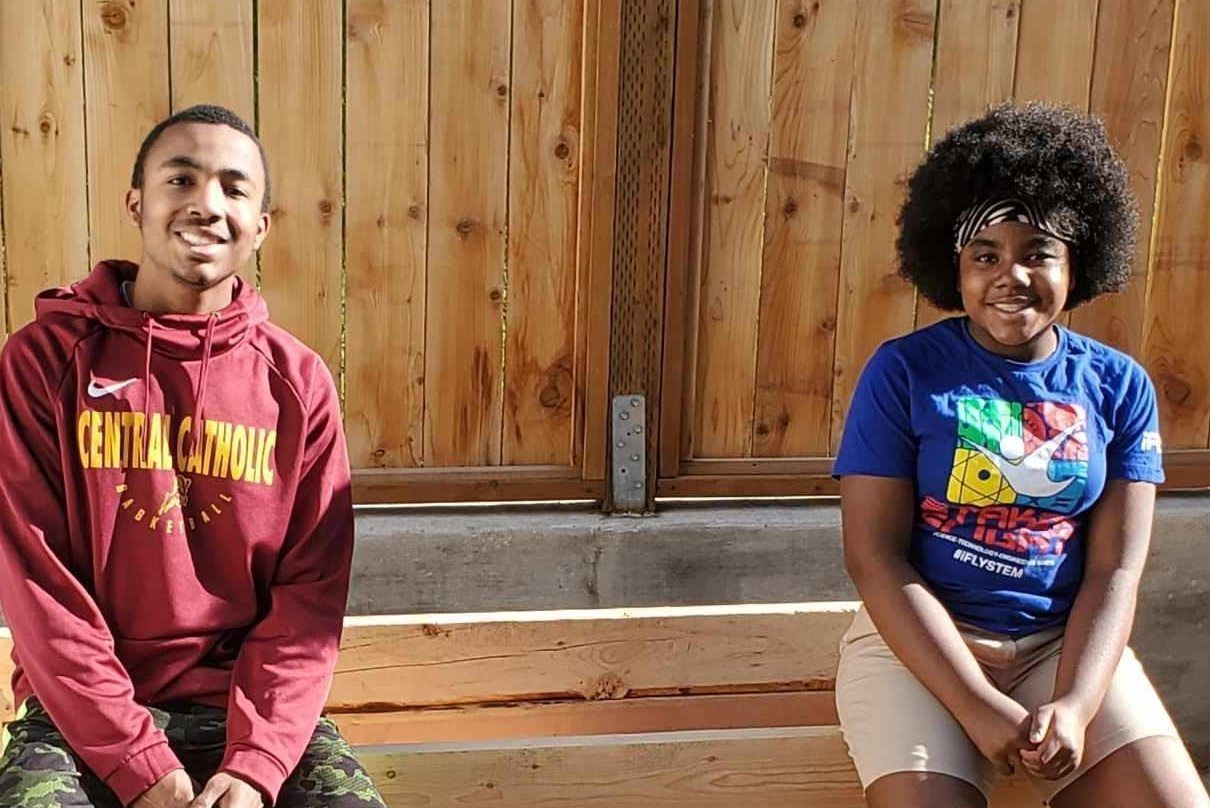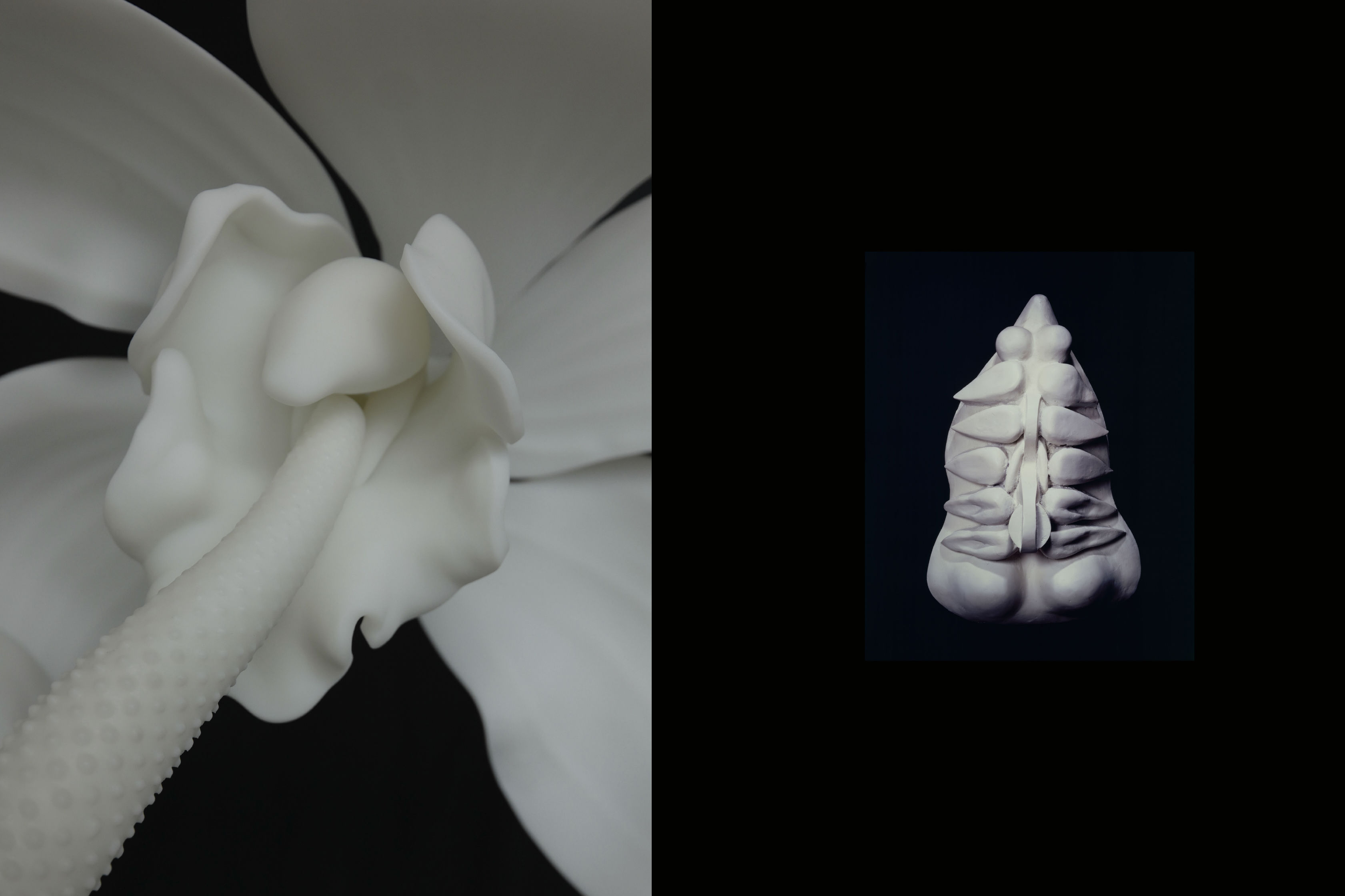What to Read, Watch, and Listen to This Week: June 24
By Portland Monthly Staff June 25, 2020
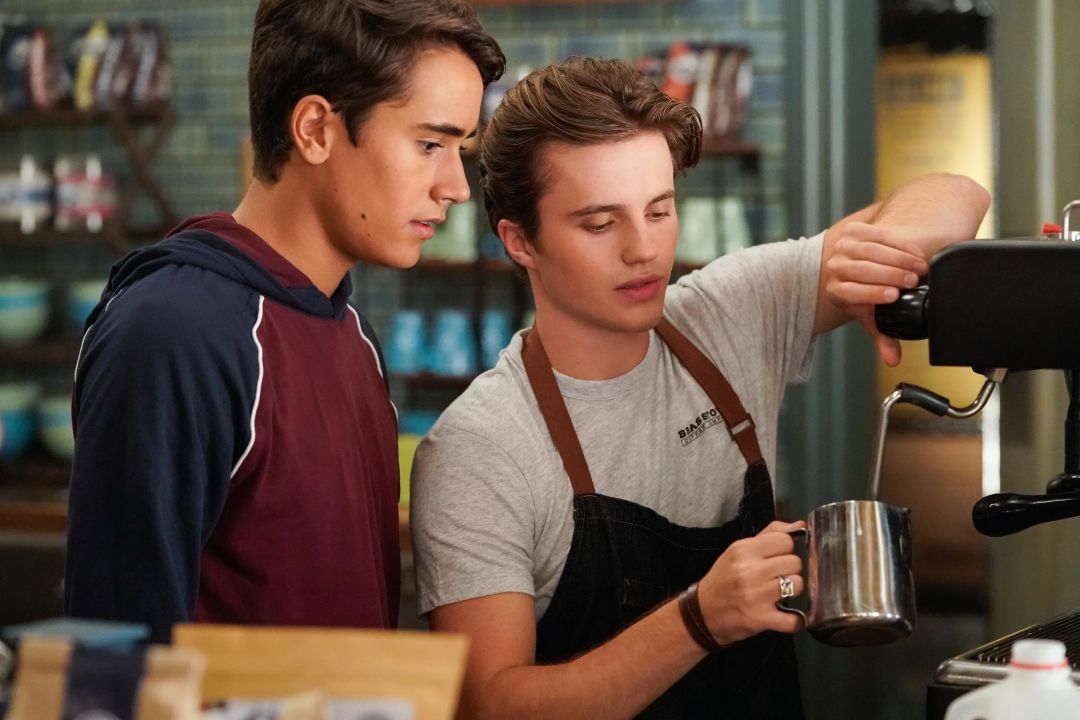
Michael Cimino and George Sear in Hulu's Love, Victor
Image: Courtesy Hulu
The news is stressful. We get it—we write it! Maybe you’re protesting, maybe you’re donating, maybe you’re keeping tabs on the way your representatives are responding to the present moment, maybe you’re buying from one of these Black-owned Portland brands. Keep doing that!
Staying engaged is a marathon, though, not a sprint. You’re gonna need breaks. When you take one, consider checking out some of the stuff keeping us sane (or somewhere close), which we’ve collected here in our weekly culture roundup.
The Devil's Highway
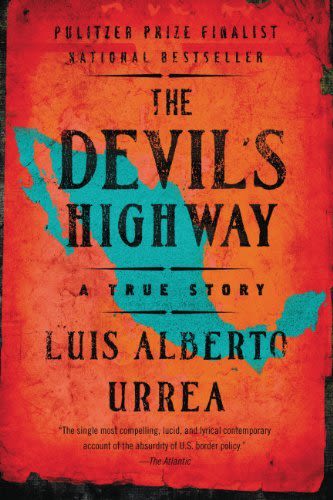
Everything's Trash, But It's OK
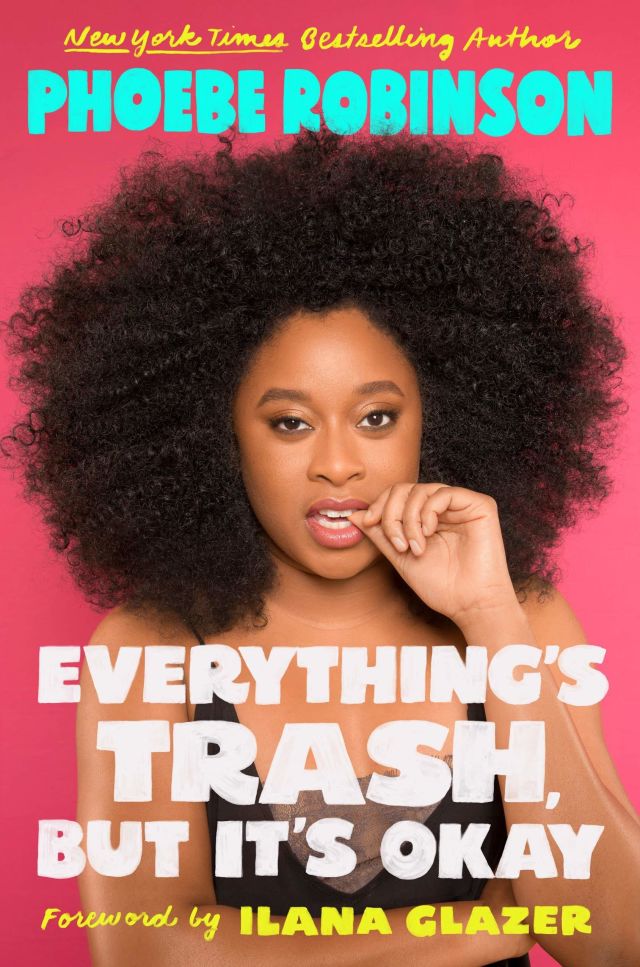
Getting Curious with Jonathan Van Ness
Known for his hairstyling expertise on Netflix’s Queer Eye and for playing the leading role in comedy web series Gay of Thrones, Jonathan Van Ness’s ceaseless sass, unparalleled cat-loving, and “YES honey!” energy have never once disappointed me. Each week on his podcast, Van Ness sits down for a 40-minute conversation with an expert on something he’s curious about, from senator Elizabeth Warren talking about the 2020 presidential election to Bill Nye the Science Guy educating us on climate change. His interview with Alicia Garza, a co-founder of the Black Lives Matter movement, is an especially worthwhile listen. This podcast and all of his work are what the world needs right now. –Lauren Carlos, editorial intern
John Prine
“I remember every town / And every hotel room / And every song I ever sang / On a guitar out of tune.” The last song John Prine ever recorded—his voice gravelly sweet and warm as a hand-knit scarf—dropped earlier this month. Prine’s death in April from COVID-19 complications still hurts, but what a legacy in all that music—songs given to the grit and humor and pathos of human existence. Start somewhere: the 1971 songwriting masterpiece "Angel from Montgomery," 1999’s crackling ode to coupledom "In Spite of Ourselves," the emotional weight of 2018’s "Summer’s End"... anywhere, really, in nigh on six decades of tunes. There’s a generosity in his writing and a comfort in his voice that helps you, remembering everything, put one foot in front of the other all the same. –Fiona McCann, senior editor at-large
Love, Victor
Life is full of discoveries, and when I was bedridden with mono and strep throat at the same time in the bleak winter of 2016, I discovered that I will lose my absolute shit for a teen soap. Across those five fateful weeks spent flat on my back, I shotgunned Gossip Girl and changed forever. The intervening years have thrust me down subsequent rabbit holes: The OC, of course, and Euphoria, and Netflix's Élite, and (god help me) the first couple seasons of Riverdale.
Over the weekend, my nasty habit plopped me in front of Love, Victor which, in addition to scratching my teen soap itch, scratched my "anything gay and happy, but not too happy" itch. Spun off from 2018's Love, Simon and disowned by Disney+ for acknowledging that sex exists, Love, Victor focuses on a closeted basketball player (Michael Cimino) who moves from Texas to Atlanta and attends the same high school Simon did in the film. He befriends his neighbor, has long talks with Ana Ortiz (because she plays his mom), crushes on an unavailable barista, and dates the beautiful, popular Mia (Rachel Naomi Hilson, who is fucking sensational, and steals the show) to pass as straight. All the while, he Instagram DMs Simon for gay guidance, which comes in the form of phoned-in voiceovers from Nick Robinson.
Look. What do you want from me? It's dumb to rate art on a scale of utility, but it's also impossible to watch Love, Victor and not think "damn, I wish I had this when I was 16." Part of what makes the show work is its pointed response to the criticisms lobbed at Love, Simon: Victor is Latino, his parents are religious, they struggle to make ends meet. The show doesn't foreground any of this, but Victor's dilemma generates palpable stakes where the bland-but-lovable movie sometimes lacked them. It's also very much an ensemble piece, and it wrings real feeling out of Victor's sister, out of his parents' marital issues, and especially out of Mia's family life.
At the end of the day, nobody will be citing Love, Victor alongside Judith Butler. It's often stiff and ridiculously safe and sometimes its plot points literally contradict themselves. But I would be a big dumb liar if I said it didn't make me cry, and feel cradled, and remind me—in the episode where Victor flees to New York for a glimpse at Real Gay Life and experiences no fewer than three group hugs—that queerness is a privilege. Happy Pride, I guess. –Conner Reed, arts & culture editor
